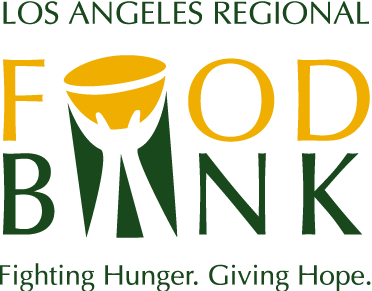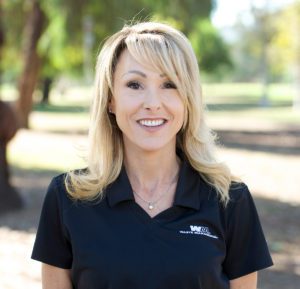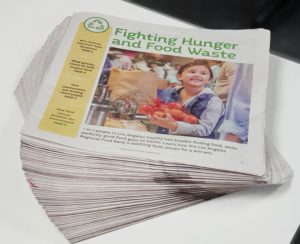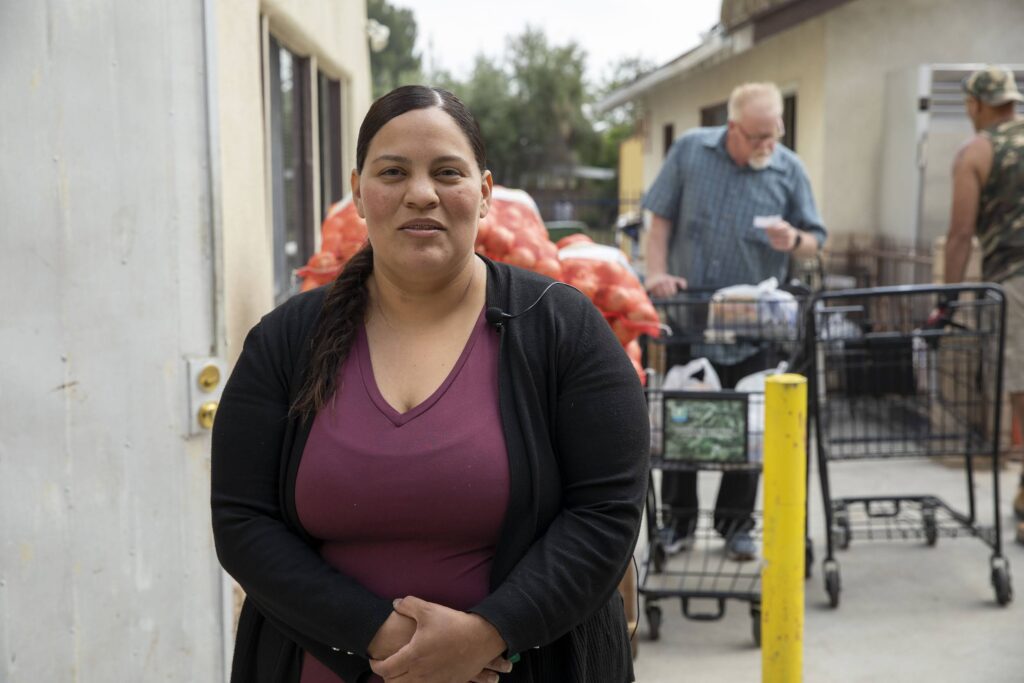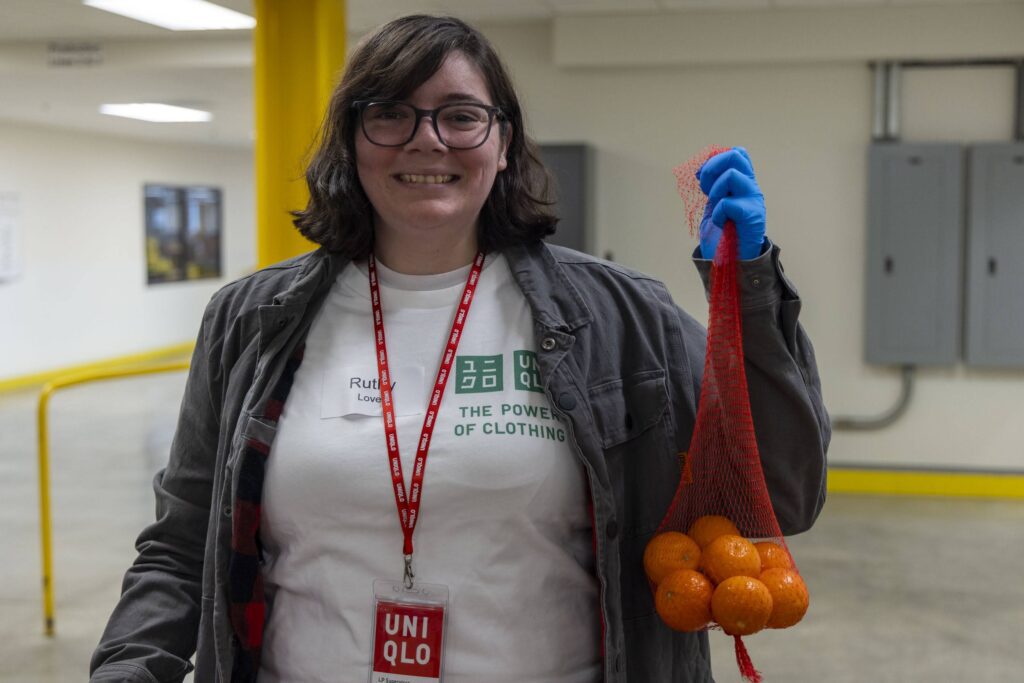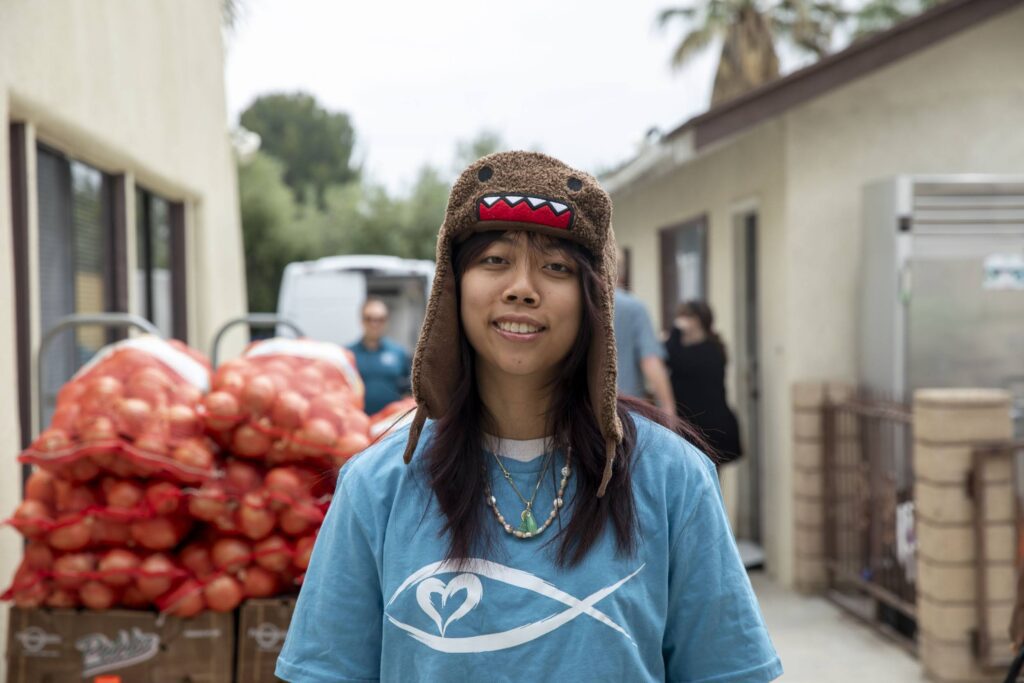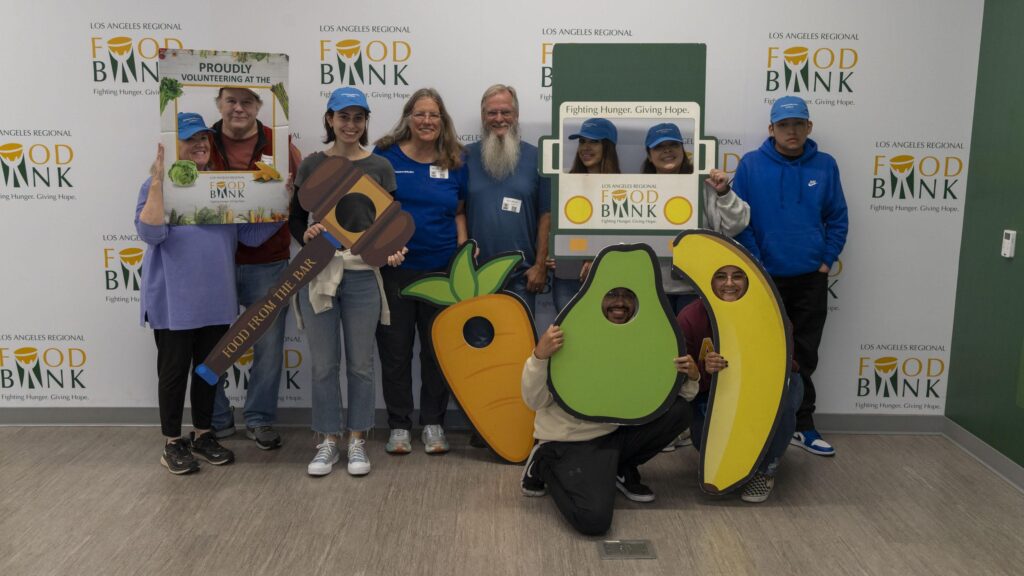Don’t Waste Our Planet
Don’t Waste Our Planet
How the Los Angeles Regional Food Bank protects the environment
Rescuing food and reducing waste across Los Angeles County isn’t just beneficial for feeding the hungry, it is critical to protecting the environment. That’s why when food can’t be given to those in need, the Los Angeles Regional Food Bank doesn’t immediately toss it into the trash — it works with local waste agencies to convert it into renewable green energy.
“Wasted food is wasted energy,” said Kimberly Ohrt, public affairs manager for Waste Management. “After getting food to those who need it, the Food Bank works with us to divert food waste from the waste stream to create green renewable energy.”
Food that is simply thrown away wastes all the energy that went into growing or producing it, Ohrt explained. This includes limited resources like fossil fuels used in tractors and trucks, and large amounts of water — a particular concern in drought-ridden California. For example, tossing out one egg wastes 55 gallons of water, while a brown and mushy banana wastes 210 gallons. Cuts of red meat have the highest waste value: 1,850 gallons of water for one pound of hamburger.
In addition to wasting resources, uneaten food also actively harms the environment when sent to the landfill. When food breaks down, it releases methane — a gas 86 times more powerful than carbon dioxide and a significant cause behind global climate change. The Environmental Protection Agency estimates that 20 percent of what goes into landfills is food waste.
Food waste can also obstruct the recycling process.
“It’s what we call unintended consequences,” said Ohrt. “Let’s say you have a pizza box that you want to put in the recycling bin — which is a good thing — but there’s a full slice of pizza still in the box. That contaminates all the good recyclables.”
If recyclables contain too much contamination, like food waste, then manufacturers will not buy them — causing entire loads of otherwise recyclable materials to be sent to the landfill instead of being used again.
However, turning food waste into energy has nothing but positive returns for the environment.
For example, Food Bank volunteers separate out any food not fit for someone’s table from the edible donations. Waste Management converts some of that food waste into new energy using highly specialized equipment. This new end product, called Engineered BioSlurry, is transported to Los Angeles County Sanitation District’s Carson facility to power the water pollution plant. Other inedible food items can become compost or animal feed.
“If we all make the effort to separate food waste at the source, we can put it to beneficial use instead,” she said.
Questioning if a food item is still safe to eat? Visit LAFoodBank.org/shelflifeguide for more information.

